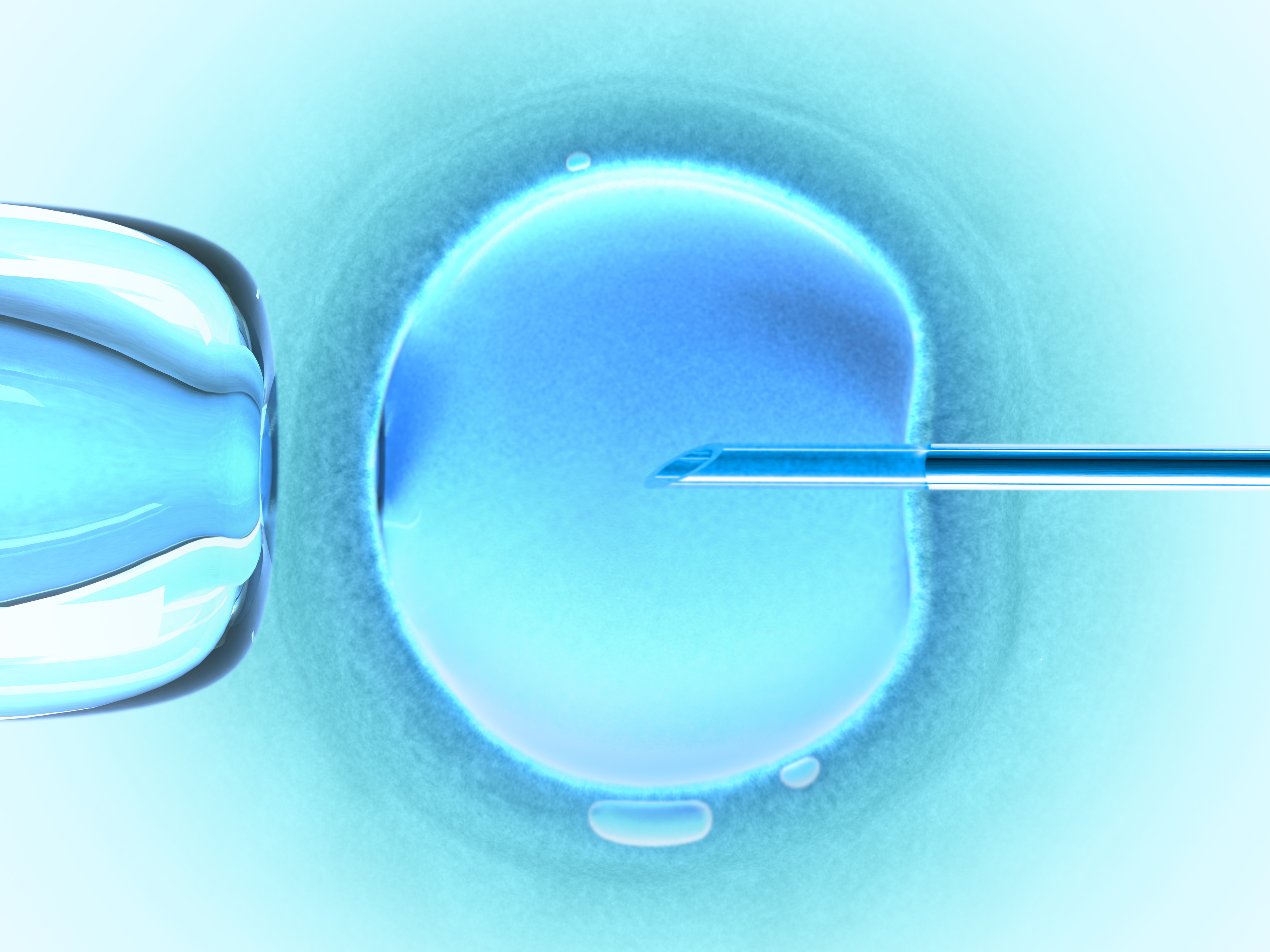Media Release
From: The New England Journal of MedicineIVF ‘add-on’ has no benefit – study
A fertility treatment commonly performed around the world has been shown to have no benefit at all, and researchers want IVF clinics to stop offering it.
Infertility affects about one in seven couples. Globally, women undergo over 1 million in vitro fertilisation (IVF) cycles each year, but the success rate remains modest, at around 25 to 30 percent probability of a live birth per cycle.
Endometrial scratching is among a suite of so-called IVF ‘add-ons’ - offered in the hope of boosting success rates - for which there has been mixed or poor evidence.
It involves sampling the tissue lining the womb (the endometrium). The action of taking the biopsy sample was thought to result in a ‘scratch’ or ‘injury’ to the lining of the womb, which was believed to make the womb more receptive to an embryo implanting. The process takes about a minute and is similar to a smear test, but is more painful and invasive. It can cost as much as NZD100-295 in New Zealand, or up to GBP400 (USD500) in the UK.
A 2016 survey of clinics in Australia, New Zealand and UK by the University of Auckland’s Dr Sarah Lensen and colleagues found that 83 percent of doctors recommend endometrial scratching prior to IVF, especially to women with recurrent implantation failure.
Says Dr Lensen, from the University’s School of Medicine, “We knew that most clinics were offering this to their patients and we wanted to find out if it really helped women to conceive from IVF.”
Dr Lensen and a large international team led by her colleague Professor Cindy Farquhar, also from the University of Auckland’s Faculty of Medical and Health Sciences, carried out a clinical trial spanning five countries, in which 1365 women from New Zealand, Australia, UK, Sweden and Belgium were randomly allocated to either receive or not receive an endometrial scratch before their IVF cycle.
The findings, now published in the New England Journal of Medicine, reveal no benefit from endometrial scratching: the live birth rate was exactly the same among women who did and didn’t have it (26.1 percent); nor was there any subgroup of women who appeared to benefit, including women with previous IVF failure. No difference emerged in the rates of various other outcomes, including ectopic and multiple pregnancies.
Researchers also found that the procedure caused mild pain (self-rated 3.5/10 on average) and in some cases caused adverse reactions such as excessive pain or fainting.
“It is now clear that endometrial scratching does not increase the rate of live births,” says Professor Cindy Farquhar, who is Postgraduate Professor of Obstetrics and Gynaecology at the University and medical director of Fertility Plus at Auckland District Health Board.
“On this basis of this study, which is the biggest and most robust to date, we would encourage IVF clinics to stop offering it.”


